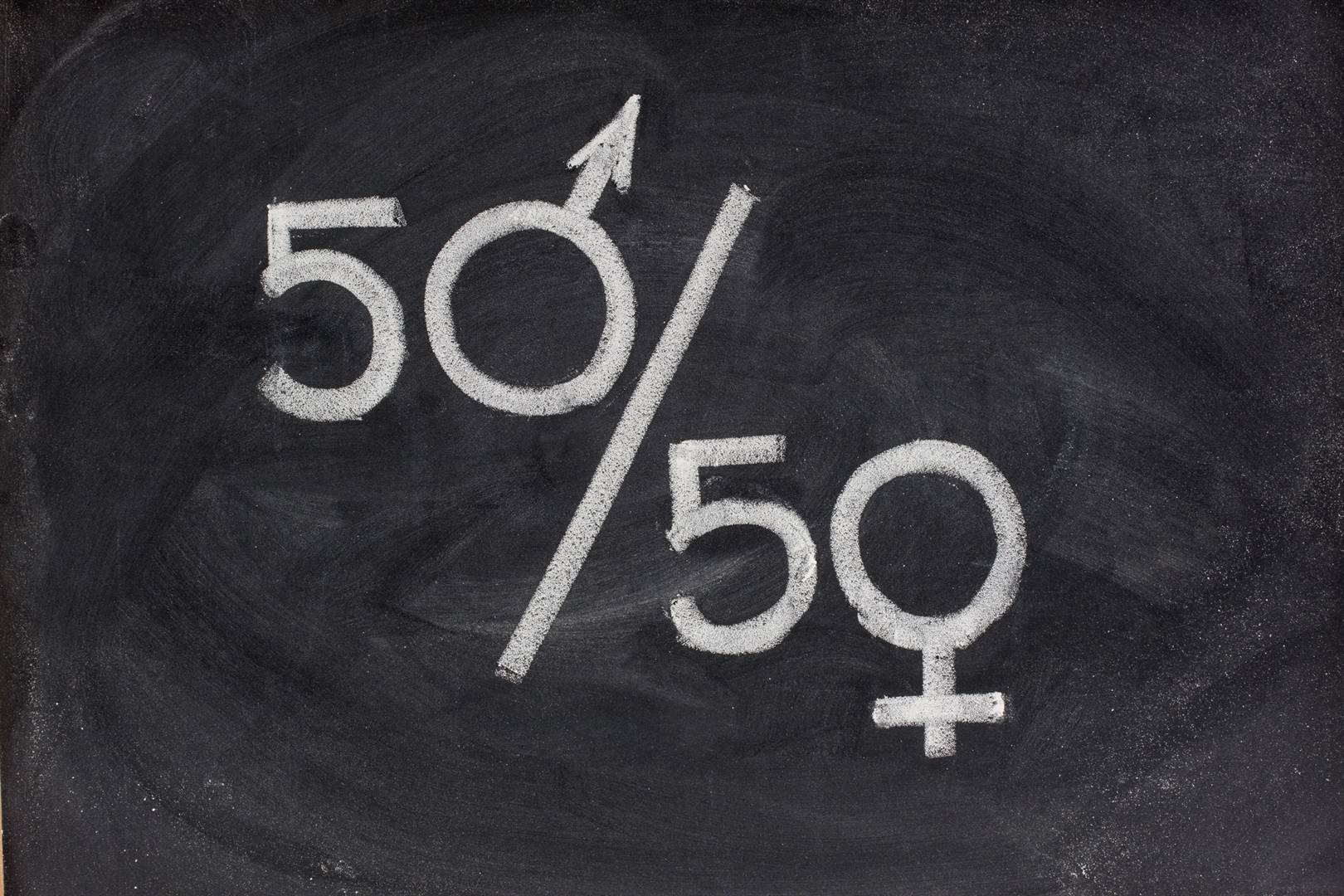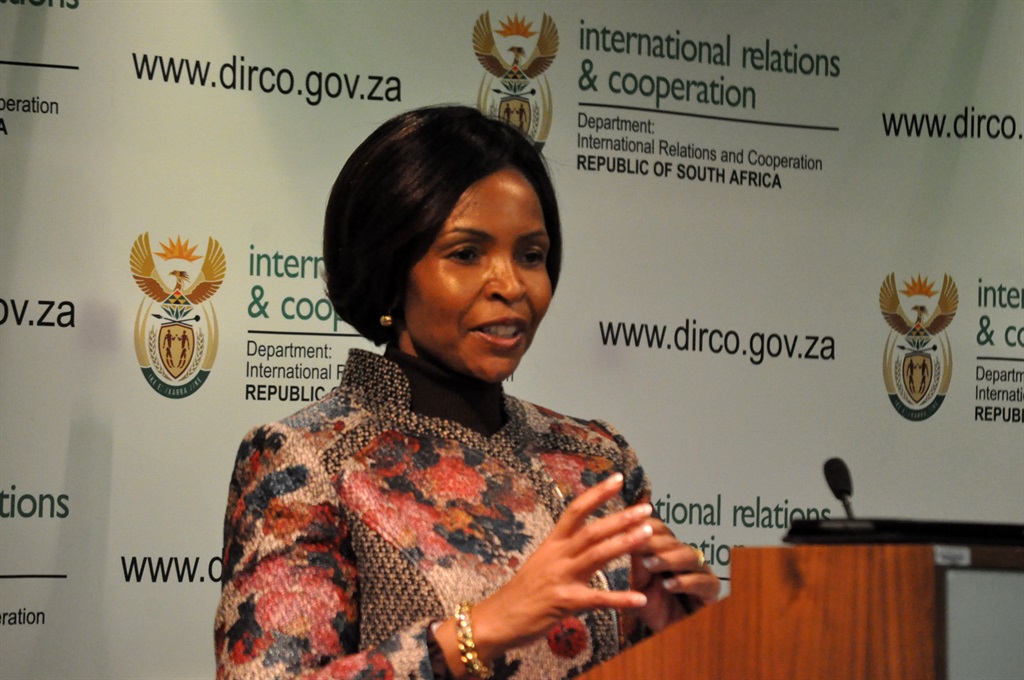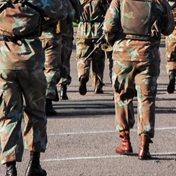
President Cyril Ramaphosa may have been lauded for appointing a 50/50 gender-balanced Cabinet, but gender activists have reservations about what this means for real feminist governance.
Ramaphosa reduced the Cabinet from 36 ministries to 28, with half the Cabinet filled by female ministers, notably also in portfolios traditionally occupied by men.
Nkosazana Dlamini-Zuma was appointed as minister of cooperative governance and traditional affairs, Ayanda Dlodlo is now minister of state security and Good leader Patricia de Lille is minister of public works and infrastructure.
Maite Nkoana-Mashabane replaced Bathabile Dlamini as minister of women. Ramaphosa however reconfigured the ministry to include youth and people with disabilities – a move critiqued by some.
Chief executive of Gender Links Colleen Lowe-Morna welcomed the change of ministers, but warned that with this restructure, the ministry ran the risk of “being everyone and no one”.
Lowe-Morna also noted that Ramaphosa “had a real opportunity not only to break with the past but to appoint a woman deputy president, for the second time ever”.
She said: “It is heartening to have these senior women in Cabinet and many in non-traditional areas, but it would have been great to have one of them closer to the top.”
Associate professor of political studies at the University of Witwatersrand Sheila Meintjes told ParlyBeat if there should be a ministry for women, it should be headed by someone who had a deep and sympathetic understanding of the conditions under which most women live.
“Quite honestly, Nkoane-Mashabane is hardly that person as she supported [former president Jacob] Zuma when he was accused of rape, and remained a supporter when he became president,” said Meintjes.
“I think that appointing Nkoane-Mashabane as minister of women was more about appeasing the ANC Women’s League than a thoughtful appointment about meeting the need for effecting gender transformation in society.”
Numbers not enough
Although various experts agree the increased representation is a step in the right direction, they also note it is not enough. The head of the department of women’s and gender studies at the University of the Western Cape, Professor Lindsay Clowes, argues that increasing the number of women in senior positions cannot, on its own, improve the lives of the most marginalised.
“What is needed is an increase in the number of women – or men for that matter – who are committed to an African intersectional feminism, leaders who promote the rights of women, trans people, intersex people, gay and lesbian people, and all those marginalised by race, gender, class, ethnicity, sexuality, religion and so on.”
Read: Listen to the women who have experienced gender-based violence
Meintjes agreed. “The 50% women representation does not translate into a feminist force,” she said. According to her, women were not necessarily in government to represent women’s needs and interests.
“We have seen in the last decade that women, like men, toe the party line. There was no real push for any kind of transformatory politics in the Zuma era and some of the women in Cabinet, as much as men, pursued their own material interests rather than those of the public good.”
But what about the men?
According to political analyst affiliated to Stellenbosch University, Professor Amanda Gouws, substantive representation beyond just the numbers game is needed. She however noted that the focus in changing conditions for gender equality should not just be on women, but that men should also share that responsibility.
Programme lead at the Western Cape Economic Development Partnership, Rushka Ely, said she too struggles with the idea that women should be solely held responsible for their own freedom.
“Women already have to work that much harder to occupy the same spaces as men, so to put the responsibility of doing more on them seems a bit unfair. When do we start to hold men accountable for breaking down systems that unfairly privilege them over us? What we should be asking is this: have men in leadership got this right? Has the president done enough?”
Ely said a genuine willingness was needed from men in leadership to change the status quo and to ensure that gender considerations were included in all developmental planning and policy.
“I do think that our society judges women too harshly, particularly women in leadership. If we are to truly change the status quo, we need to demand our male leadership do better than just numbers. We need to see our male leadership pushing policy and strategy striving for true gender equality, in all aspects of society.”
According to researcher at the Women and Democracy Initiative, Vivienne Mentor-Lalu, the WDI was creating a feminist governance barometer profiling men and women in Cabinet positions to scrutinise their actions and decisions more closely between elections to see what and how they contribute to feminist governance across programmes.
“This will also help to track how those in government are fulfilling the election promises they made to women in political party manifestos,” she said.
• This article originally appeared on ParlyBeat, a biweekly digital newsletter aimed at linking policy and oversight processes in Parliament to the lived realities of ordinary people. Follow ParlyBeat on Twitter.




 Publications
Publications
 Partners
Partners









